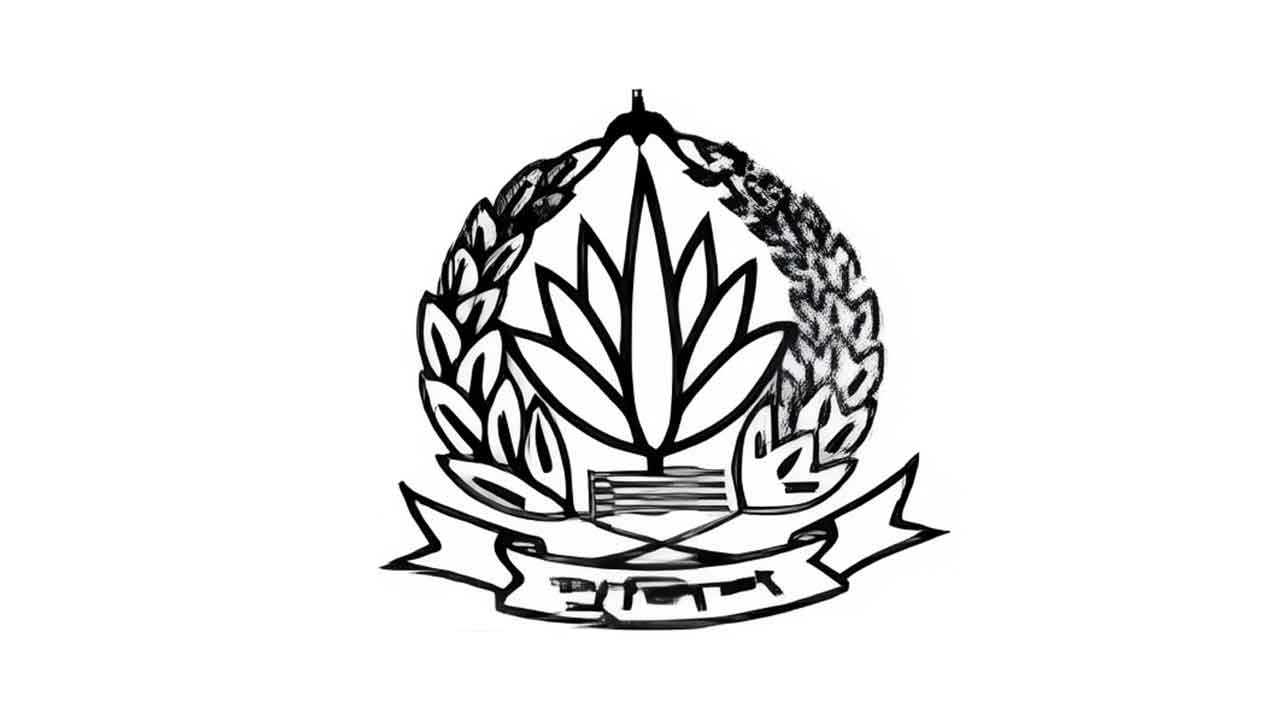On 12 May 2025, Bangladesh Government issues gazette banning Awami League. This was announced by Home Affairs Adviser Lt. Gen. (Retd.) Jahangir Alam Chowdhury during a meeting of the Law and Order Advisory Council Committee.
The Home Affairs Adviser stated that the gazette prohibiting all activities of the Awami League as a political organization has already been issued. "It is our responsibility to implement this in accordance with the ordinance," he said.
The decision to ban the party was made during a meeting of the Advisory Council on Saturday night (10 May). At the time, it was announced that the gazette would be issued on the next working day. Since Monday (11 May) was a public holiday for Buddha Purnima, the notification was officially published today.
On 5 August last year, Awami League President Sheikh Hasina lost power following a mass uprising by students and the public. She fled to India, and since then, the party has effectively ceased to exist. Its leaders and activists have been scattered—many have fled abroad, some have been arrested, while most are in hiding within the country.
Table of Contents
Link to the Gazette Notification
The full gazette can be accessed here: https://www.dpp.gov.bd/bgpress/bangla/index.php/home/download_file/gazettes/57493_68017.pdf
History of the Awami League
Founding and Early Years The Awami League was founded on 23 June 1949 at Rose Garden (now Bangabandhu Avenue) in Dhaka, the then-capital of Pakistan. Among its founding leaders were Huseyn Shaheed Suhrawardy, Maulana Abdul Hamid Khan Bhashani, and Bangabandhu Sheikh Mujibur Rahman.
Initial Objectives The party's primary goal was to secure the political, economic, and cultural rights of the people of East Bengal within Pakistan. It stood for secularism, democracy, and socialism.
Role in the Language Movement During the 1952 Language Movement, the Awami League played a key role in mobilizing students and the public to demand Bengali as a state language. This movement laid the foundation for Bangladesh's independence struggle.
Past Bans on the Awami League
Throughout Bangladesh’s political history, the Awami League has faced multiple bans due to military rule, political opposition, and shifting state policies.
1975: Ban After Sheikh Mujib’s Assassination The darkest chapter came on 15 August 1975, when Bangabandhu Sheikh Mujibur Rahman and most of his family were assassinated. The subsequent government, led by Khondaker Mostaq Ahmad, banned the Awami League.
Reasons for the Ban
-
The military-civilian alliance sought to suppress the party.
-
It was labeled as a "symbol of one-party rule," leading to its suspension.
Under Ziaur Rahman’s Rule In 1977, Ziaur Rahman restored multi-party democracy, allowing the Awami League to re-enter politics, though in a weakened state.
1982: Crackdown Under Ershad When Hussain Muhammad Ershad imposed martial law in 1982, all political parties, including the Awami League, were banned. The party was forced to operate underground.
Return of Democracy and Revival The 1990 mass uprising toppled Ershad’s regime, restoring democracy. The Awami League re-emerged as a major political force.
1996: Return to Power The party won the 1996 elections under Sheikh Hasina’s leadership, returning to power and solidifying its position as a dominant force in Bangladeshi politics.




